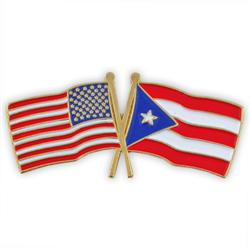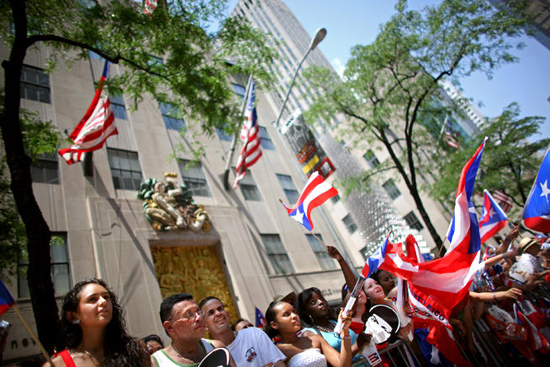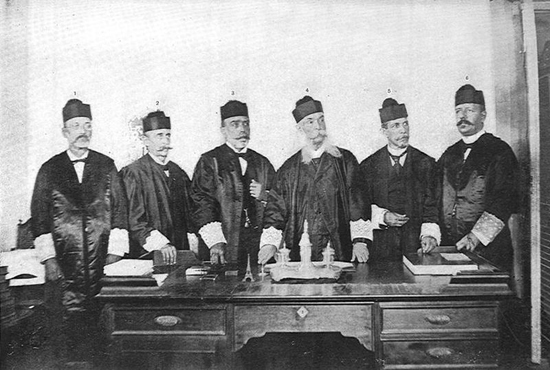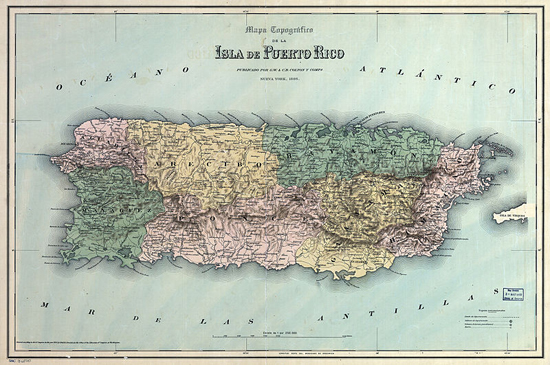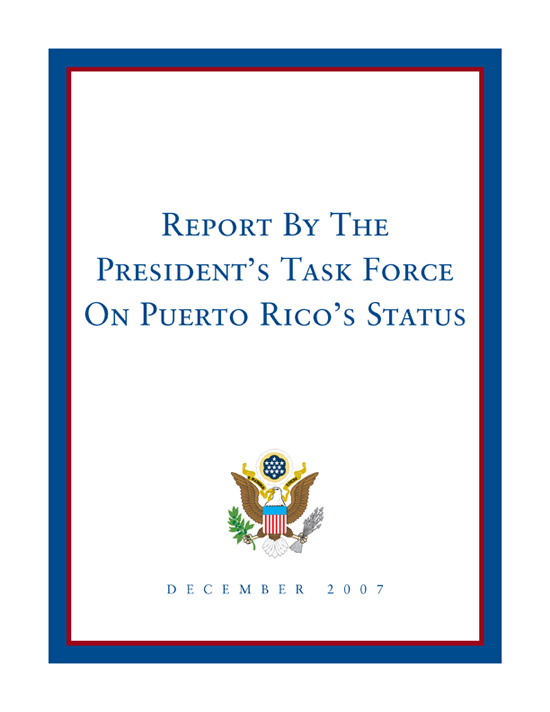The Commonwealth of Puerto Rico has a unique history as a part of the United
States. United States suzerainty over Puerto Rico originated with the acquisition of
the islands in 1898 after the conclusion of the Spanish-American War. For decades,
the federal government administered government operations in Puerto Rico through
military liaisons or civilian officials appointed by the President. Legislation enacted
by Congress in 1950 (P.L. 81-600) and in 1952 (P.L. 82-447) granted Puerto Rico
authority to establish a republican form of local government through a constitution
approved by the citizens of Puerto Rico and the Congress in 1952
Puerto Rico remains subject to congressional jurisdiction under the Territorial
Clause of the U.S. Constitution. Under this authority, Congress has passed
legislation that governs elements of Puerto Rico’s relationship to the United States.
For example, residents of Puerto Rico hold U.S. citizenship, serve in the military, are
represented in the House of Representatives by a Resident Commissioner elected to
a four-year term who does not have privileges to vote on the floor of the House, are
subject to federal laws and are beneficiaries of federal aid as approved by Congress,
do not vote in national elections, and pay no federal income tax
READ MORE
CRS Report For Congress 2005
Hearing on PR status (2006)
Puerto Rico Democracy act of 2007
H. R. 2499 Puerto Rico Democracy Act of 2010

